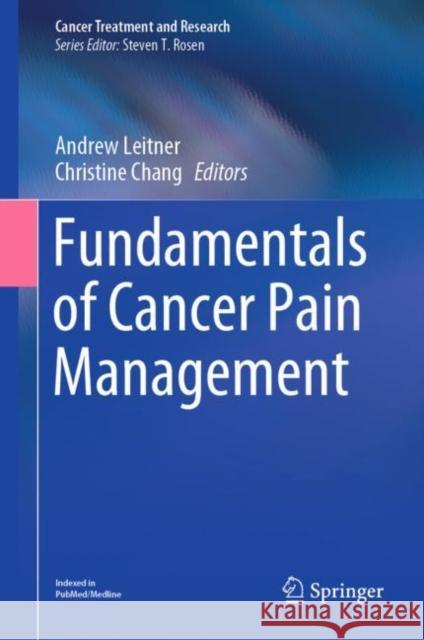Fundamentals of Cancer Pain Management » książka
topmenu
Fundamentals of Cancer Pain Management
ISBN-13: 9783030815257 / Angielski / Twarda / 2021 / 311 str.
Fundamentals of Cancer Pain Management
ISBN-13: 9783030815257 / Angielski / Twarda / 2021 / 311 str.
cena 566,20
(netto: 539,24 VAT: 5%)
Najniższa cena z 30 dni: 539,74
(netto: 539,24 VAT: 5%)
Najniższa cena z 30 dni: 539,74
Termin realizacji zamówienia:
ok. 16-18 dni roboczych.
ok. 16-18 dni roboczych.
Darmowa dostawa!
Kategorie BISAC:
Wydawca:
Springer
Seria wydawnicza:
Język:
Angielski
ISBN-13:
9783030815257
Rok wydania:
2021
Wydanie:
2021
Numer serii:
000033091
Ilość stron:
311
Waga:
0.63 kg
Wymiary:
23.88 x 20.32 x 2.03
Oprawa:
Twarda
Wolumenów:
01











